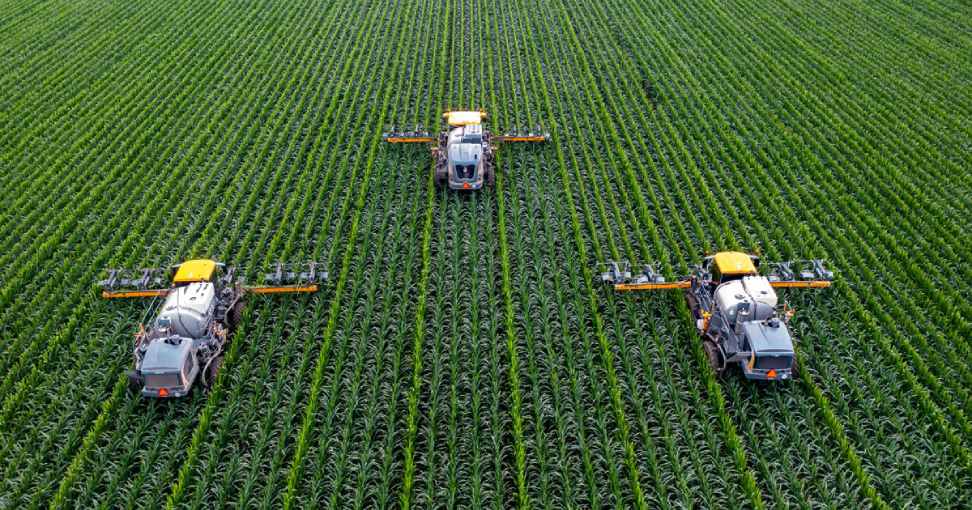Alphaexch247, Kabook Login, VL Book: Modern agriculture faces a myriad of challenges in the 21st century. Climate change poses a significant threat to crop yields and food security worldwide. Unpredictable weather patterns, such as droughts and floods, not only damage crops but also disrupt the entire agricultural supply chain, resulting in economic losses for farmers and impacting global food prices.
Another pressing challenge in modern agriculture is the depletion of natural resources, particularly water and arable land. As the world’s population continues to grow, the demand for food increases, putting strain on already limited resources. Soil degradation and water pollution further exacerbate these issues, making sustainable farming practices crucial for the future of agriculture.
Advancements in AI Technology
In the realm of agriculture, advancements in AI technology have revolutionized the way farmers approach crop management and production. Through the use of artificial intelligence, farmers are now able to collect and analyze vast amounts of data, enabling them to make more informed decisions about planting, irrigation, pest control, and harvesting. This has not only increased efficiency and productivity in farming practices but has also helped in reducing operational costs and minimizing environmental impact.
Another significant aspect of AI technology in agriculture is its role in predictive analytics. By utilizing machine learning algorithms, AI systems can forecast weather patterns, predict crop yields, and even identify potential disease outbreaks in livestock. This proactive approach allows farmers to mitigate risks and take preemptive measures to ensure the health of their crops and livestock, ultimately leading to a more sustainable and profitable agricultural sector.
Role of Robotics in Agriculture
Tigerexch247, GX247, Mglionbet: As technology continues to advance, the role of robotics in agriculture is becoming increasingly prominent. Robots are being designed and implemented to automate various tasks in farming, from planting seeds to harvesting crops, in order to increase efficiency and productivity. These robots are equipped with sensors and cameras that allow them to navigate fields, identify crops, and make precise movements without human intervention.
One of the key advantages of using robotics in agriculture is the ability to collect and analyze vast amounts of data. These robots can monitor soil conditions, crop health, and weather patterns in real-time, providing farmers with valuable insights to make informed decisions. By utilizing robotics, farmers can optimize their operations, reduce costs, and maximize their yields, ultimately leading to a more sustainable and profitable agricultural industry.
What are some challenges faced in modern agriculture?
Some challenges faced in modern agriculture include labor shortages, unpredictable weather patterns, pest and disease management, and sustainability concerns.
How has AI technology advanced in recent years?
AI technology has advanced in recent years through the development of machine learning algorithms, deep learning neural networks, and computer vision capabilities.
What is the role of robotics in agriculture?
Robotics in agriculture can help automate tasks such as planting, harvesting, and monitoring crop health. They can also help increase efficiency, reduce labor costs, and improve overall productivity in the industry.
Have A Look :-

